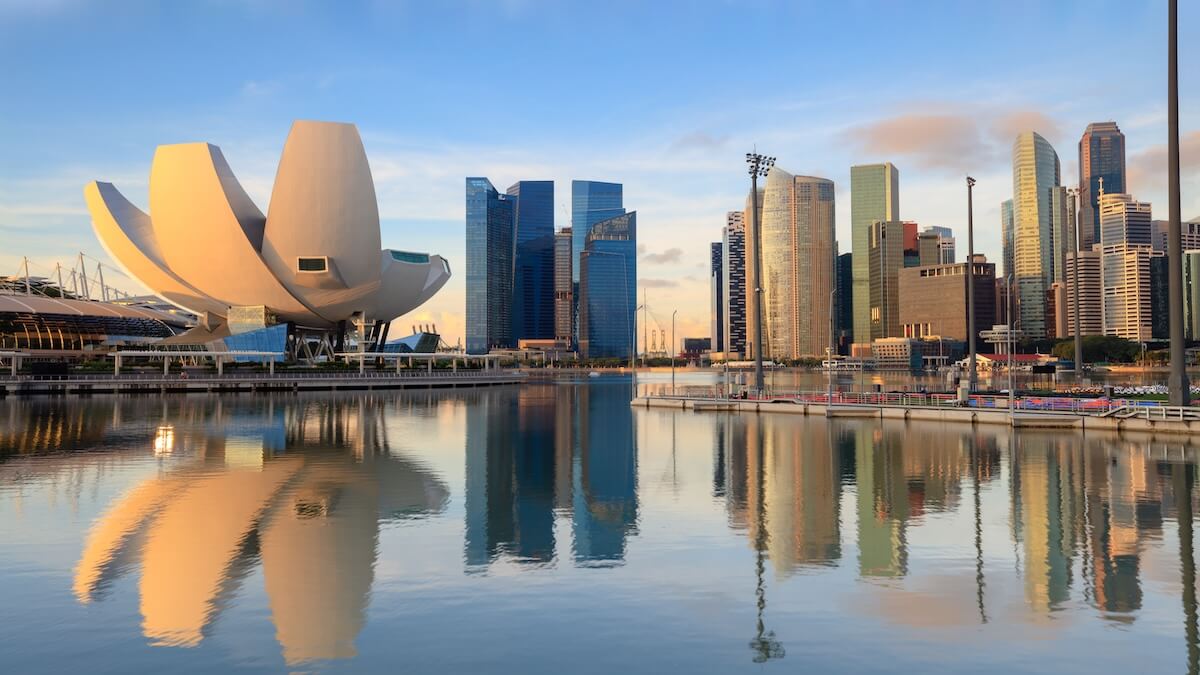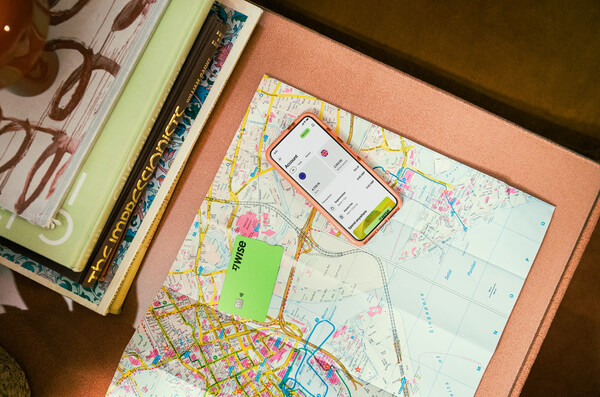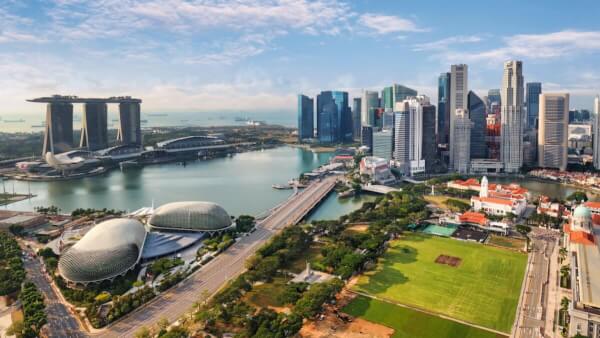Singapore visa requirements for Australian citizens - Options, fees, and more
Planning your Singapore trip? This guide covers the entry requirements and visa options available for Australians.

This is intended to serve as a general guide. Always check with official sources for the latest government and health advice.
Opting for tap water is often the most eco-friendly and cost-effective way to stay hydrated while traveling. But when you're in a new country, knowing if the tap water is safe is crucial to avoid any unexpected health risks. If you're headed to Singapore, you're likely wondering: is its tap water safe to drink?
The quick answer is yes. This guide will clearly explain why Singapore's tap water is safe, and detail its quality to help you prepare for your trip. We’ll also introduce the Wise card, a useful travel companion to help you save on spending during your time there.
| Table of contents |
|---|
Yes, tap water in Singapore is safe to drink directly from the tap according the Public Utilities Board (PUB).¹ Its quality meets the stringent national standards set by the Environmental Public Health (Quality of Drinking Water) Regulations and aligns with the international Guidelines for Drinking-water Quality set by the World Health Organisation (WHO).² Due to robust water management and treatment processes, Singapore's tap water is considered among the safest in the world.³
While some residents may still choose bottled water or filters, this is typically for personal taste rather than a concern about safety. As a practical tip, always check if your specific tap is safe for drinking.
The primary official government authorities responsible for tap water quality and regulation are the National Environment Agency (NEA) and the Public Utilities Board (PUB). The PUB manages Singapore's water supply in a highly centralised system, while the NEA sets and enforces drinking water quality standards. The Environmental Public Health (Quality of Drinking Water) Regulations align with WHO guidelines and monitor over 100 parameters to ensure the water is safe for consumption.² Water quality is subject to continuous online monitoring and extensive laboratory testing, with over 500,000 tests conducted annually, to ensure it meets the required standards.¹
Singapore's tap water supply comes from a diversified and resilient strategy known as the "Four National Taps": local catchment water, imported water, NEWater (reclaimed water), and desalinated water.⁴ This multi-source approach ensures a secure and sustainable water supply for the island nation. Each source undergoes a sophisticated treatment process. Local catchment water receives conventional treatment, while NEWater is purified using microfiltration, reverse osmosis, and UV disinfection. Desalinated water is treated using reverse osmosis.
Singapore's tap water is generally characterised as soft with a low mineral content, typically below 100 mg/L as CaCO3.² The general taste profile is described as neutral and mild, and while a slight chlorine taste may be present, it is typically not strong.
Staying hydrated is key to a great trip, and so is managing your travel budget wisely in Singapore. The Wise card is a simple way to save when you're spending internationally, be it on bottled water, food or shopping. You can spend in 150+ countries, including Singapore, at mid-market rate — basically the rate you see on Google. With no foreign transaction fees and low, transparent pricing, Wise usually gives you the best value for your money.

Simply create a Wise account for free, order a card and top-up to get started. Having a physical Wise card allows you to make chip and pin payments, as well as make some free ATM withdrawals each month for when you're in Singapore. You can get digital cards and add to your Google or Apple Pay wallet for instant use. Spend directly with the Wise account and let auto-conversion do the trick or convert in advance to SGD. You can hold and exchange 40+ currencies in your Wise account and spend the currencies you hold for free.
Wherever your travel takes you, the Wise card makes spending money abroad cheaper and easier.
This general advice does not take into account your objectives, financial circumstances or needs and you should consider if it is appropriate for you.
Please see Terms of Use and product availability for your region or visit Wise Fees & Pricing for the most up to date pricing and fee information.
No, boiling tap water in Singapore is not necessary. It is generally safe and drinkable without boiling, as it meets international WHO guidelines and stringent national standards¹.
The taste and quality of tap water are consistently maintained across Singapore due to the centralised management system and rigorous treatment processes. However, a slight chlorine taste may be noticeable, which is a result of the disinfection process and can vary slightly.
Yes, the ice served in restaurants and bars in Singapore is generally safe to consume, as it is made from the public water supply, which is held to strict quality standards.
Some people in Singapore use water filters primarily for personal preference, as a faint chlorine taste may be noticeable to some individuals.
Sources:
*Please see terms of use and product availability for your region or visit Wise fees and pricing for the most up to date pricing and fee information.
This publication is provided for general information purposes and does not constitute legal, tax or other professional advice from Wise Payments Limited or its subsidiaries and its affiliates, and it is not intended as a substitute for obtaining advice from a financial advisor or any other professional.
We make no representations, warranties or guarantees, whether expressed or implied, that the content in the publication is accurate, complete or up to date.

Planning your Singapore trip? This guide covers the entry requirements and visa options available for Australians.

Singapore is a tiny country located at the tip of the Malay Peninsula in SouthEast Asia. The country itself only spans 50 km wide, but boasts approximately...

Singapore is a sovereign city-state, south of Malaysia, and just north of the equator - and a global hub for finance and trade. With a mixed and...